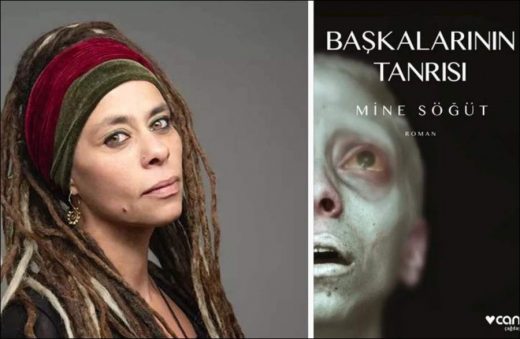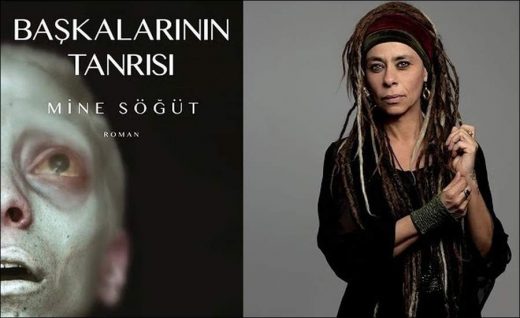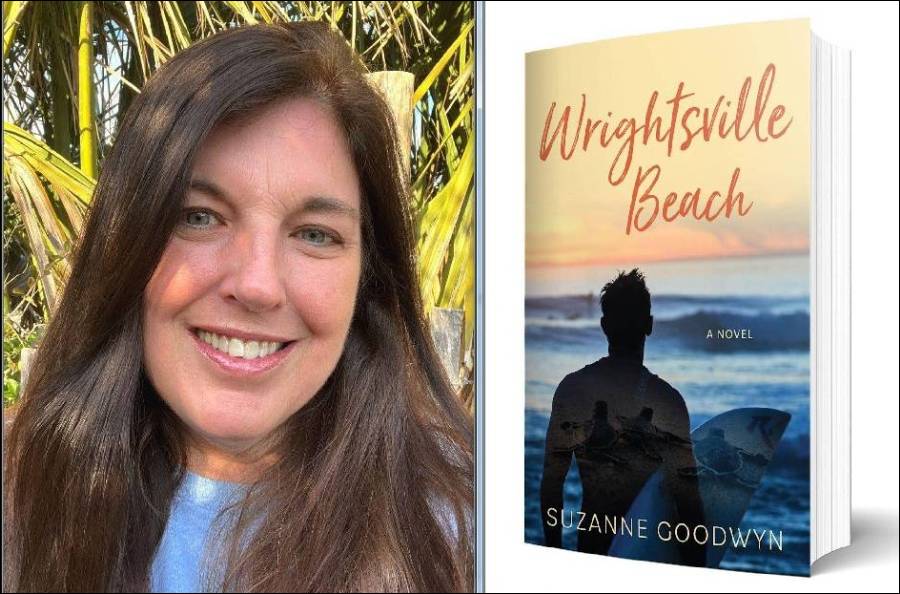Mine Söğüt, a Turkish literary writer who has been a journalist for many years, delighted her readers with her latest novel, The God of Others. Answering our questions about her novel in which she describes life on the streets, transformation in the city, and the oppressed, Söğüt continues her workshops. We asked Mine Söğüt questions about her latest novel, “The God of Others”.
In your novel The God of Others, you examine the relationship between space and people. What do concepts like home and street mean to you as a writer?
The home is the most dangerous place because it rationalizes the concepts of privacy and property while at the same time tabooing them. The fact that privacy and property, adopted as positive concepts by humanity, are actually extremely dangerous concepts is hidden in homes. People fail to realize how much of a mistake they make when they think of the house as a safe haven. For him, the street is the opposite of home, that is, it is an unsafe, spooky place. The voluntary captivity of people who think they are safe at home and in danger on the streets and the smell of freedom are the main architects of this wild system we are in.
In the novel, your heroes are characters we pass by in daily life, but whose faces we do not even look at. How did you create these characters?
Looking at the street. Thinking about the people I pass by every day. By realizing what ignoring them actually means ignoring.
How is your preparation process for the novel progressing? Could you tell us about the sources you consume?
In fact, everything starts with an issue that I want to tell appearing in my mind. Then, without any planning, I sit down in front of the computer and start writing. Nothing is clear from the beginning except my issue. Everything develops and progresses spontaneously during the writing process. Like the God of Others, it sprouted from a short story I wrote when I started thinking about why a person who wants to leave home and rebel against the system cannot do this and what prevents him from doing so, and turned into a novel.
Are the problems of daily life included in your novels as subject and theme?
My novels and stories are entirely nourished by the issues of daily life. It’s been like this since the first novel. The only thing that provokes me to write is the system, the order, the life that we are exposed to, that we are not happy with, but that we do not know what to do to change… I try to understand what happened to us by recreating that complex structure and looking at it from completely different angles again and again and mercilessly.
We cannot say that the reader is left with a hopeful feeling when the book is finished. Are you hopeful in your view of the future?
I think it is very important how we define hope. For me, hope primarily means awareness. I write about awareness. Ultimate happiness is then within reach. While we carry a history of humanity that has experienced enough shortcuts to hope leading to dead ends, I think that believing that we will reach different results by doing the same things is not hope, but foolishness. That’s why I find it more hopeful to do different things, to think, to look for the key to a radical change and to risk being beaten along the way.
Umudu nasıl tanımladığımız bence çok önemli. Benim için umut öncelikle farkındalık demek. Ben farkındalık üzerine yazıyorum. Nihai mutluluk ondan sonra ulaşılabilecek bir yerde. Kestirmeden umuda giden yolların çıkmaza vardığını yeterince deneyimlemiş bir insanlık tarihini sırtımızda taşırken, aynı şeyleri yapa yapa farklı sonuçlara varacağımıza inanmanın umut değil akılsızlık olduğunu düşünüyorum. O yüzden farklı şeyler yapmayı, düşünmeyi, kökten bir değişimin anahtarını aramayı ve bu yolda hırpalanmayı göze almayı daha umut verici buluyorum.
Can you tell us about your next projects?
This summer, I have a children’s book and a play script on my desk, and ideas for a new novel in my mind…
Visits: 46




